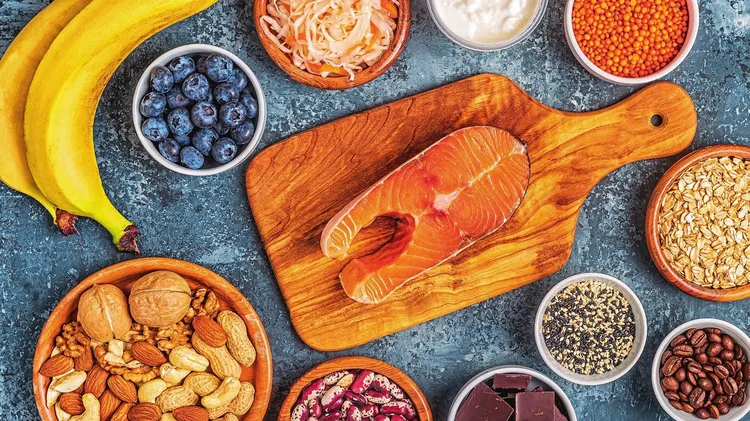Looking to improve your diet and health in 2024? With so much nutri
Ways to eat better in 2024
4 min read
This article is from...
Read this article and 8000+ more magazines and newspapers on Readly






